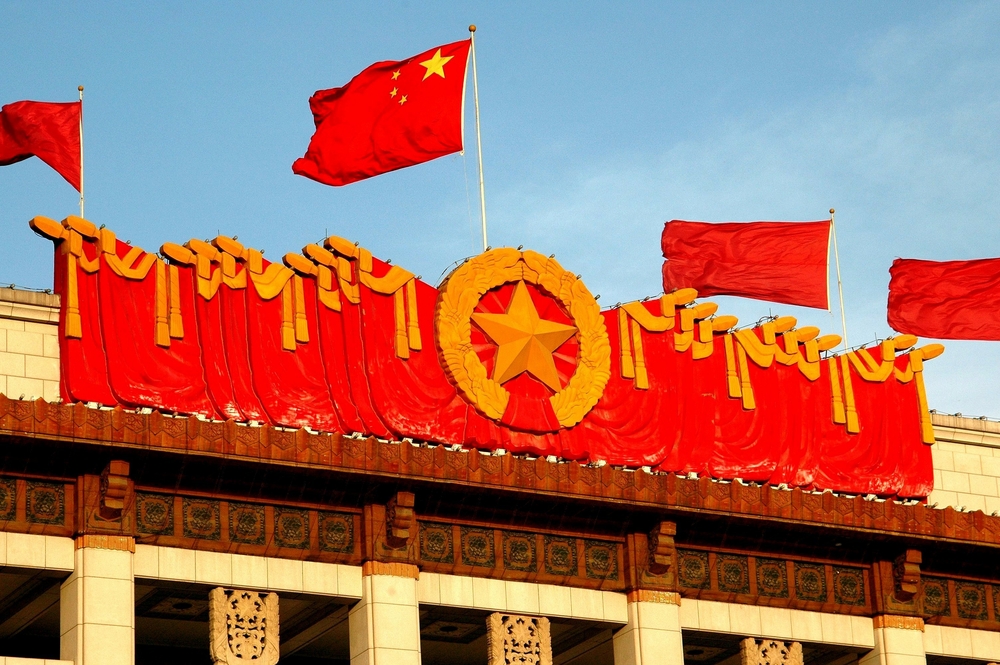Economic Headwinds From China
The problems in China are unlikely to have a significant impact on U.S. economic growth, conclude AIER researchers in the September edition of Business Conditions Monthly.
Nevertheless, there are some impacts, said Bob Hughes, senior research fellow at AIER and the lead author of the report.
First, he said, is what Americans have already seen: The chaos in China has played havoc with capital markets here, and this uncertainty is ongoing.
Second is the effect on trade. The problems in China have led to a devalued currency. That has the effect of making our exports more expensive to Chinese consumers, Hughes noted. And it makes their imports cheaper to American consumers, having an adverse impact on U.S. manufacturers, he said. Put together, it will worsen our trade deficit with China, and hurt our gross domestic product, he said.
Finally, it will make it cheaper for U.S. companies to invest in operations in China, while making it more expensive for Chinese companies to invest in this country, he said. This factor is likely to have a rather small impact on the U.S. economy, Hughes said.
In fact, all of these factors put together are likely to have a less-than-major effect on the still growing U.S. economy, Hughes said.
“It’s a headwind. It’s not going to push us into recession,” Hughes said.
AIER’s economic outlook is still showing continued low risk of recession. For the most recent month, August, the proportion of leading indicators deemed to be expanding was 64 percent, down slightly from 67 percent in July, marking the fourth consecutive month with the index in the mid-60’s range, following three months at the neutral 50 percent level from February to April.









